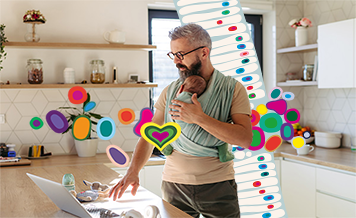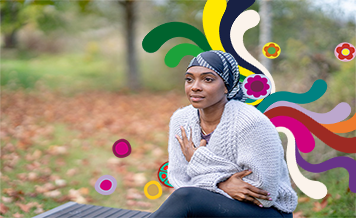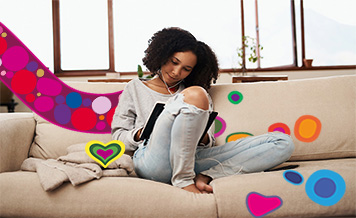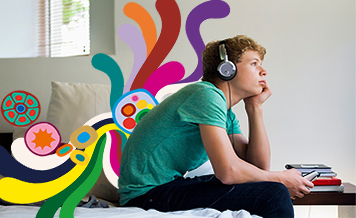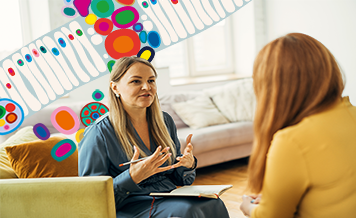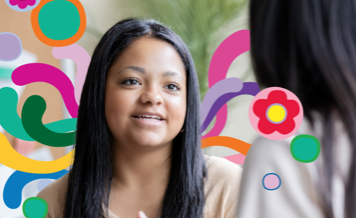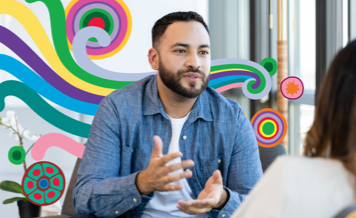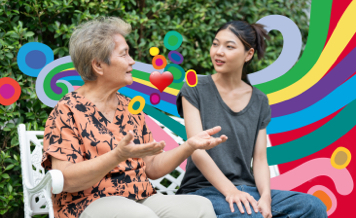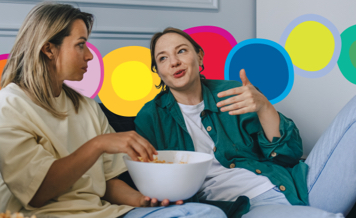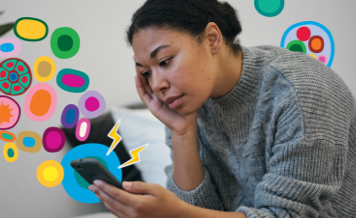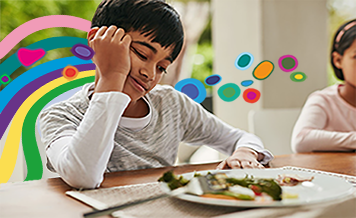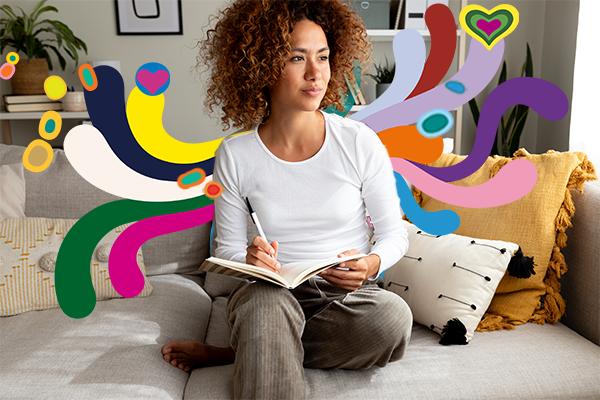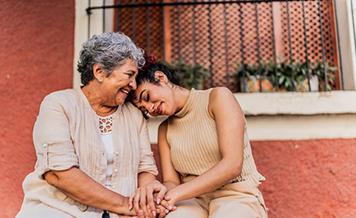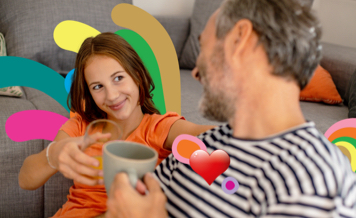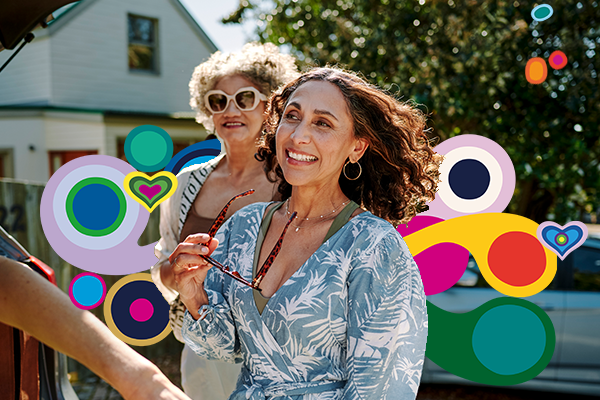Does social media cause loneliness?

According to recent research, Australians are getting lonelier. And people between the ages of 15-24 years reported feeling lonelier than ever.
One of the possible causes has been suggested as social media. While there’s no question that online apps and platforms can provide ways to socially interact, some negative effects may be a lack of face-to-face, real-life relationships.
But, in a world where so much happens online, how can we create a healthy balance between social media and social interaction? And is there a way to use social media to help us feel less lonely?
The rise of loneliness and social media
Social media use spiked during the pandemic, perhaps for good reason. But even before COVID-19, social media was being critiqued for its potential impacts on mental health and wellbeing. And with the increased use extending past 2020, those concerns have grown.
With reports of both social media use and loneliness at an all-time high, it’s hard to ignore that there may be some connection.
And some evidence is starting to show a strong correlation between the two. In a recent Medibank survey 40% of 16-24 year-olds agreed that seeing what others are doing on social media is a trigger for feelings of loneliness.
The research also found that the younger you are, the more likely you are to feel that social media plays a part in your own loneliness.
Daniel Surkalim, a research fellow at the University of Sydney and Health Consultant for the World Health Organization's new Commission on Social Connection, says it’s a difficult issue.
“We don't know if being on social media causes you to be lonely, or because you're lonely you're on social media and trying to find a connection. We do know that quality relationships are better in person but think about it like processed food. The quality is worse, but it's better than nothing.”
Speaking to the issue of social media and loneliness on Medibank’s latest season of the We Are Lonely podcast series, Daniel gathered insights from several young people who saw both the positive and negative impacts of social media platforms on issues of loneliness.
Can social media help with loneliness?
While social media might get blamed for isolating people, the reality is that it also acts to connect groups and individuals who may not have access to genuine face-to-face interactions.
“Social media does have its positives,” admits Daniel. “[For] marginalised communities, for those who are physically incapable of leaving their house, for those who live in rural areas … social media provides a platform for them to communicate.”
Social media may also provide a safer outlet or way to connect for people who feel vulnerable in real life situations, such as those within the LGBTQIA+ community.
“It’s about being able to find a community which is a strength in itself and [which can] promote mental and physical wellbeing,” says Daniel.
Signs that social media is contributing to loneliness
Social media might have its place in society and in our lives. But how can we know when our scrolling is out of control and impacting our real-life friendships, and our physical and mental health?
If you’re concerned you might be spending time online to the detriment of other important parts of your life, Daniel suggests asking yourself some important questions.
“Is social media stopping you from meeting up with friends? Are you able to relate, talk and connect with people, or are you thinking about your phone the entire time? If those are becoming issues for you, that's when you’re in dangerous territory.”
Daniel also warns of getting too much pleasure from things online, such as the number of Likes on a post, or starting to compare yourself to the images and lifestyles you see on social media that in reality are unattainable. “Social media is a highly curated aspect of someone's life. We have to be mindful [of that] so we don't fall into a depressive, negative spiral of thinking.”
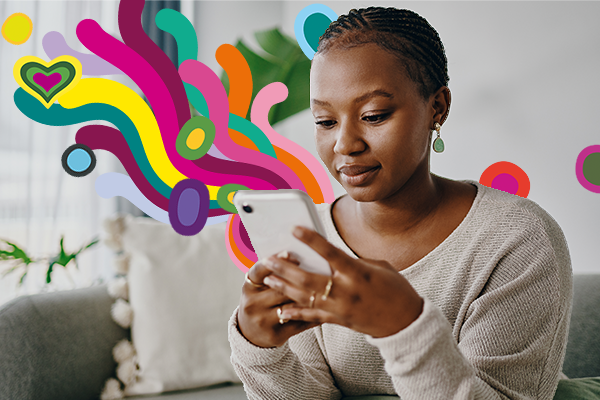
24/7 Medibank Mental Health Support
Medibank health insurance members can chat to a mental health professional about how they feel and ask questions about a range of mental health concerns for themselves or a loved one and get guidance on what they can do next. Chat online or call 1800 644 325 anytime of the day or night, 7 days a week at no extra cost.~
8 tips for healthy social media use
While there may be pros and cons to social media, following some golden rules can help us to stay meaningfully connected
1. Prioritise face-to-face interactions
We rely on social media for a lot, but whenever possible try and prioritise face-to-face social interactions over online ones. Remember to put your phone away when you’re with friends and family and in the evening when you need to wind down and disconnect. “Loneliness can be perpetuated by a lack of sleep,” says Daniel. “[And] If you're tired all the time and you're not getting enough sleep because you're scrolling, your physical health is being affected."
2. Track how you feel
We’ve all been there. We pick up our phones and three hours later we’re lost down a TikTok rabbit hole – and it can make us feel lonelier than ever. “I'm a big advocate of listening to your own body, especially with something like loneliness. If scrolling is making you anxious, that is a sign from your body to take a step back,” says Daniel. Technology does have addictive qualities and we need to track our use to ensure we aren’t spending too much time online at the detriment of our wellbeing.
3. Turn off notifications
How many times have you been halfway through a conversation, watching a movie or having drinks with mates when a ping or visual alert pops up on your phone and grabs your attention? Social media is trying to get your attention constantly, but that’s something you can manage, says Daniel. “Social media platforms have all these features to make sure you're checking them. So, is it a matter of turning off notifications on your phone?” Try putting a Do Not Disturb on your phone when you’re with people. It may help you maintain focus, which can help to build more meaningful connections.
4. Create a healthy feed
One of the reasons social media has been shown to have a negative impact on mental health is by representing unrealistic and unattainable goals as the norm, says Daniel. But it’s not real. “We have to remember that social media is a very narrow snapshot of what that person has chosen to put out there.” Follow accounts that promote healthy body image and make you feel good about yourself.
5. Use apps to find real-life friends
One of the ways to use social media for good is to access online communities that foster real-life connections, such as parkrun, local sports teams or other community groups. Likewise, if you want to connect to a particular community close to you, there will be a social media account that can help.
6. Be mindful of when and why you use social media
Take notice of when you’re using social media and what you’re hoping to gain from it. If you’re scrolling until 3am and losing sleep, that could be a warning that you’re online too much. But if you’re finding helpful resources that enhance your life, social media may just be one part of how you choose to connect with others. “Social media is being used as an education tool,” says Daniel. “It's a way for people to get information, to get resources, to reach out and get help from services they might not be aware of.”
7. Have digital detox breaks every day
There are parts of the day when you might have to be looking at a screen, whether it’s for work, school or chatting with friends. When you get a chance to take a break, do it right. Some good tips include:
- Leave your phone in your bag when you’re exercising or having lunch
- Take a book when you’re on public transport
- Have a ‘no phones’ policy when catching up with mates
- Charge all devices outside of the bedroom at night to prevent the temptation of waking and bedtime scrolling.
8. Be realistic
Devices help us to navigate our lives. From ordering food and Uber, to making plans with friends and doing our banking; chances are, it’s all on your phone. So, while we can’t escape social media completely, we can try and have a healthy relationship and understanding of it. “It’s honestly just about listening to yourself,” says Daniel. “You know yourself better than most people. So, just being wary of how much time you're spending online. If suddenly people aren’t inviting you out anymore because you’re always on social media, that’s a sign.”
We Are Lonely podcast
We Are Lonely follows nine young Australians as they navigate loneliness and seek meaningful connections. Each episode provides an intimate look into their personal experiences with loneliness and the unique ways they strive to build relationships.
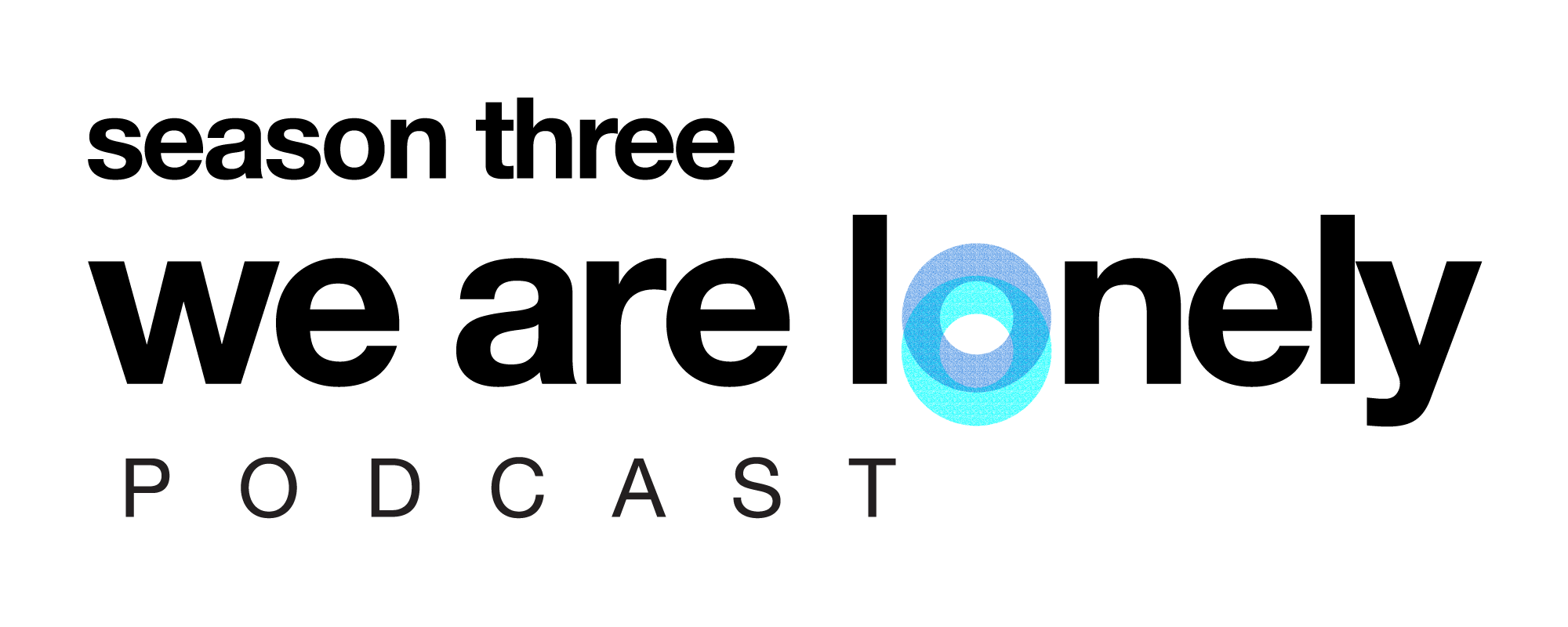
Where to get help
If your life or someone else’s is in danger, call 000 immediately.
If you’re in distress and need help, call Lifeline on 13 11 14 for 24/7 crisis support.
For non-emergency support, your GP or regular health practitioner is often the best place to start. They will be able to assess your individual situation and recommend the best next steps for your recovery.
Medibank health insurance members can chat to a mental health professional about how they feel and ask questions about a range of mental health concerns for themselves or a loved one and get guidance on what they can do next. Chat online or call 1800 644 325 anytime of the day or night, 7 days a week at no extra cost~.
Remember that help is always available, no matter the situation.
How can we help?
I want to know how my cover supports mental health
I need help and want to talk
Related articles
Things you need to know
~Some referred services may involve out of pocket costs and waiting periods may apply.
While we hope you find this information helpful, please note that it is general in nature. It is not health advice, and is not tailored to meet your individual health needs. You should always consult a trusted health professional before making decisions about your health care. While we have prepared the information carefully, we can’t guarantee that it is accurate, complete or up-to-date. And while we may mention goods or services provided by others, we aren’t specifically endorsing them and can’t accept responsibility for them. For these reasons we are unable to accept responsibility for any loss that may be sustained from acting on this information (subject to applicable consumer guarantees).


